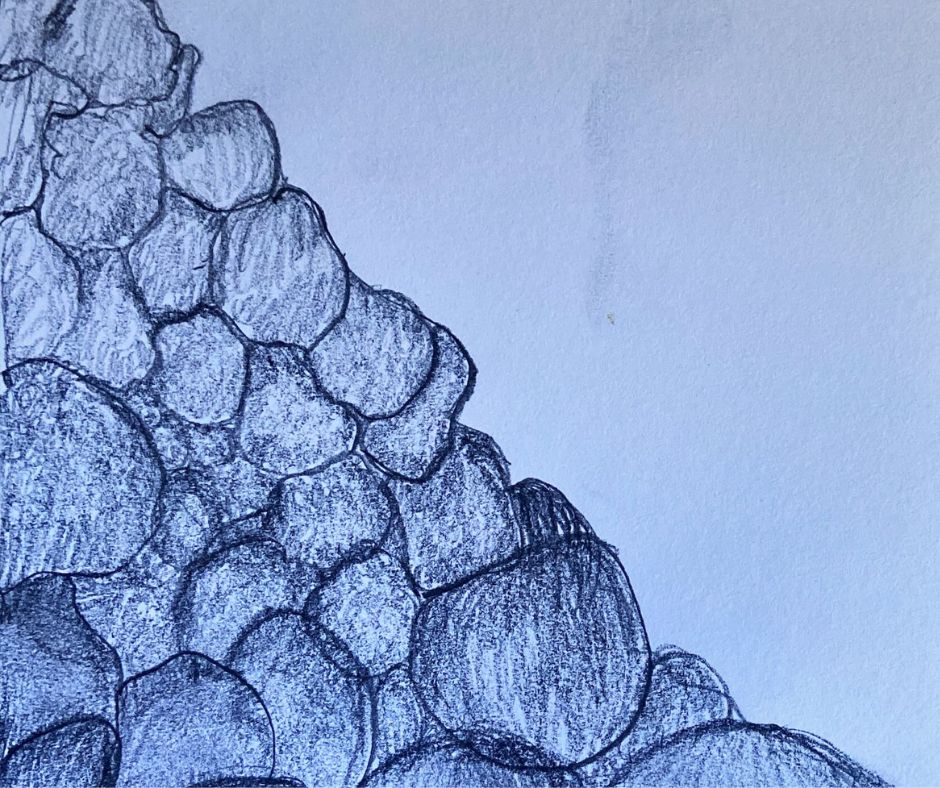
There a so many opinions about grief and about the way grief plays out. But in all these words some of the most basic things are left out. Below are the things I tell people who come to see me.
- Life will not always be this awful. It will not happen tomorrow, but one day you will realise you are beginning to feel better. There is a lot of misinformation out there about everything being better after 2 years. For some people, after 1 year they are starting to feel better. For others, after 2 years they are feeling much better. For others it takes much longer than that. The main thing is that gradually, little by little, you will start to feel better.
Think in terms of years to recover. That is a much more realistic time span than months.
- You will survive this. Yes you are in dreadful pain. But instead of fighting it, allow it. Be okay to have days where you don’t want to get out of bed. Be okay to have days where you just want to cry, where anything that reminds you of the one who is gone leads to floods of tears. Be okay to have days where you find yourself laughing. All this is normal and you will survive. You will be bruised and battered emotionally, but you will survive.
Allow yourself to hurt. Give yourself time off away from the busyness of life, walk on the beach, in the bush, alone or with friends. Go to Yoga, Zumba, the Gym, whatever allows you to move stretch and feel good about yourself. Meditate or just sit quietly somewhere. And if tears join you, that is okay.
- Get plenty of sleep. If sleeping at night is difficult have daytime naps. Make sure you eat healthy food and get enough water to drink. Your brain is working hard and that is exhausting. Try to avoid junk food and alcohol – they will make your grief feel worse.
- With grief I use the metaphor of the seasons to explain to people the variable nature of grief. If you think about it, the seasons are a circle that goes on year after year. Just as autumn passes into winter, which passes into Spring and then summer, your emotions will pass through many different seasons as you adjust to your grief.
Here is the link to a blog I wrote about the seasons metaphor of loss The Journey of Demeter – PLC Blog (plentifullifecounselling.com.au) https://plentifullifecounselling.com.au/wp/the-journey-of-demeter/
- Grief encompasses a multitude of emotions. Everyone expects a grieving person to feel sad and that is the emotion most people experience. But there are other emotions that can be experienced as well. Many years ago, the husband of a friend died suddenly. At the funeral his widow was angry, very angry. That anger was the predominant emotion she experienced for some time.
Other people experience relief, guilt, shame, regret, fear, a sense of abandonment, feeling lost, feeling confusion. Many people feel bad if they feel emotions around how they will cope, or feel angry at their loved one for dying. They feel they are being selfish. But it is not selfish to worry about you, how you will cope, how you will attend to practical matters. There are also many aspects to grief and not all are emotional.
- Be willing to think about how you will fit the loss of the person you love into your life. This is often referred to as meaning. What meaning will you find in your life because of the loss of the person you loved? The meaning can be as simple and profound as finding what your life as a single person is, what your life as the parent of a dead child is, what your life as one whose mother, father, or both are dead. And so on.
An important aspect of grief is finding that meaning and learning how to live with the loss and grief.
- Be kind to yourself. At the funeral don’t run around worrying about everyone else. Be okay to drop the ball and cry, lock yourself in your room, go for a walk. Whatever you need to do to cope. After the funeral be okay again to look after yourself. Obviously, if you have children, you need to care for them. But make sure you look after yourself too.
If you have a spiritual practice that brings you comfort, then do it. If you want to have a lovely long soak in a bath, then do it. If you want to look through old photos and reminisce, then do it.
One important thing to remember is that your brain has a lot of work to do processing the loss of your loved one. It has to rebuild the neural networks that connected you to the one you lost. This takes time and hard work on the part of your brain. Roughly about 3 months. You are likely to feel physical discomfort, confusion, woolly thinking, rapid changes in emotions and myriad other feelings. Your ability to make decisions at this time is compromised. If you can avoid it, try not to make major decisions for a few months. I have seen too many people quit jobs, move, even end or start relationships that they have later regretted.
To summarise, when you grieve, be kind to yourself and allow yourself to fall apart if necessary. Allow yourself to feel the full impact of your loss. If it is too much, allow yourself to take time off grieving and come back to the grief later when you can cope with it. Ignore the people who say you should be over it, or you can’t be happy and go out/on holidays because you are grieving. You know what you need. Be sure to allow yourself to meet your needs.
If things get overwhelming, or you need reassurance you are not going mad, or you feel you have been grieving too long then see a grief counsellor.
Can I Help?
If you would like to talk to me about how I can help you with your grief, please contact me on 0409396608 or nan@plentifullifecounselling.com.au
If you would like to learn more, I write a regular newsletter with helpful information, tips, information on courses, and the occasional freebie. At the moment I have a free mindfulness meditation for anyone who signs up to my newsletter. This meditation offers a way to safely explore your feelings and learn to be okay with them. If you would like to subscribe please click on the link here: http://eepurl.com/g8Jpiz


